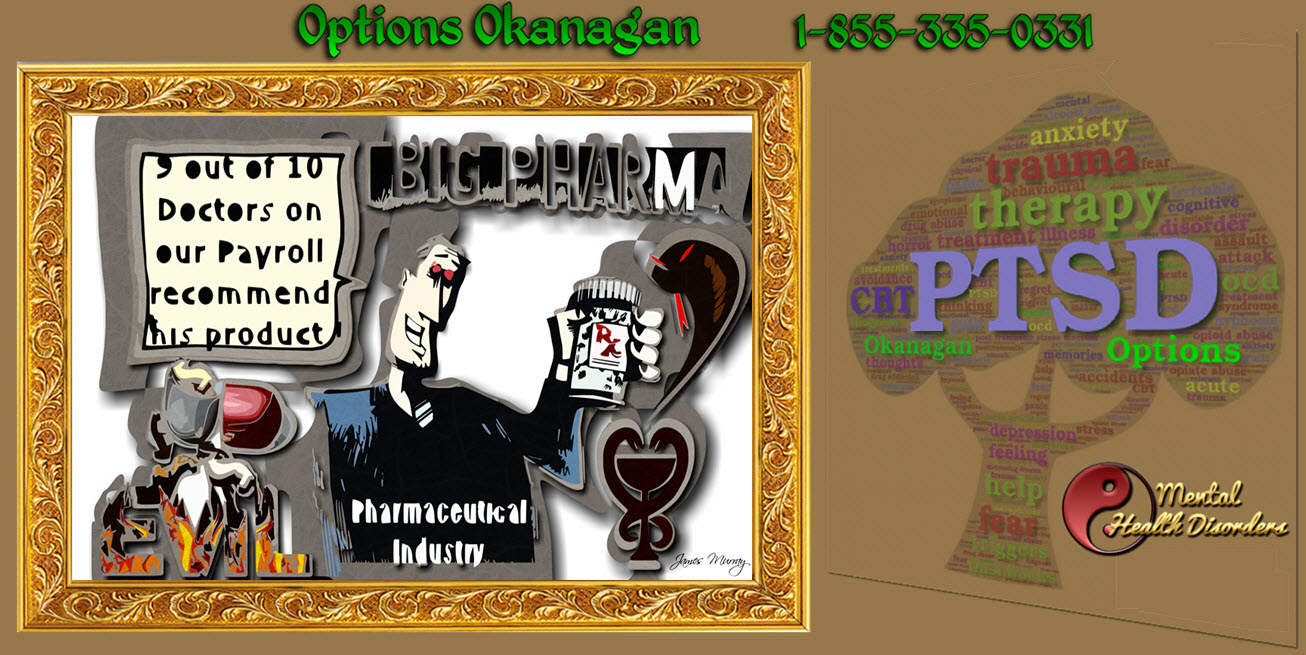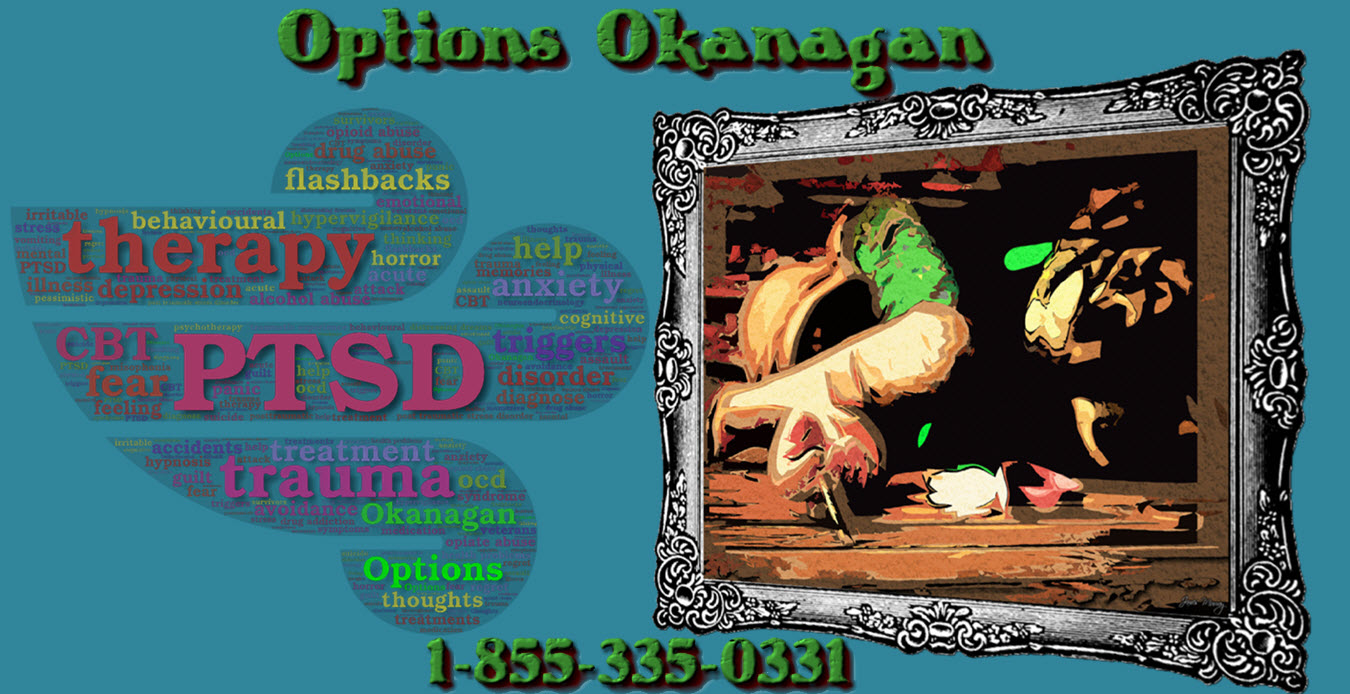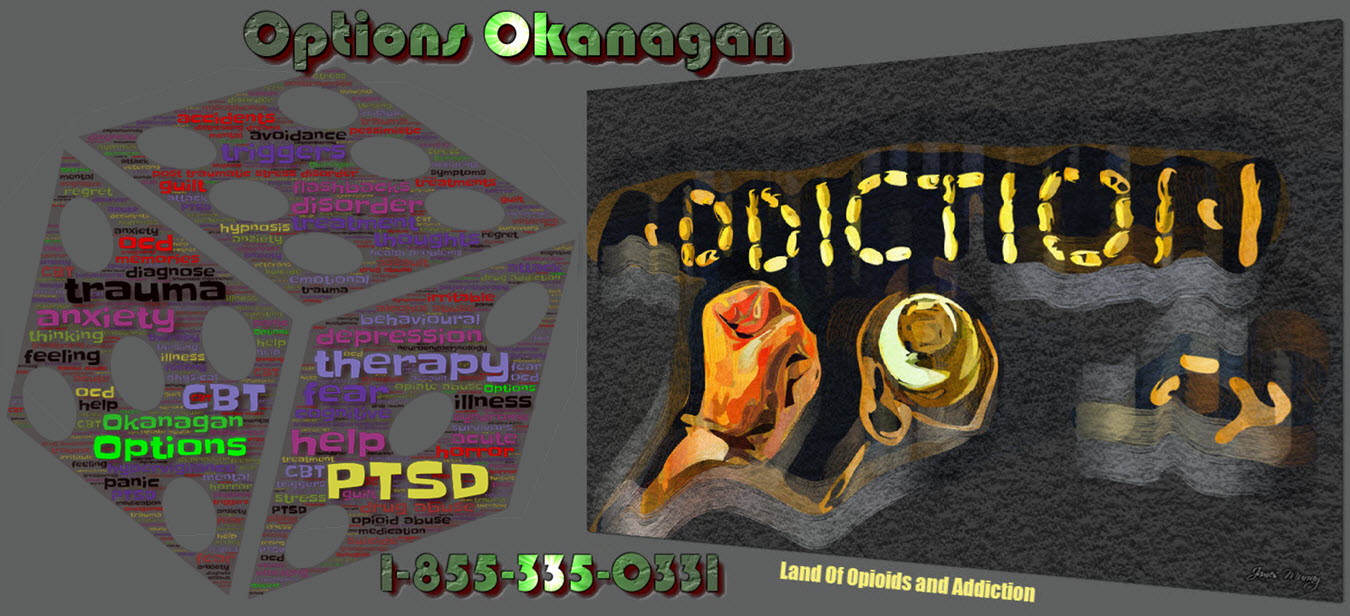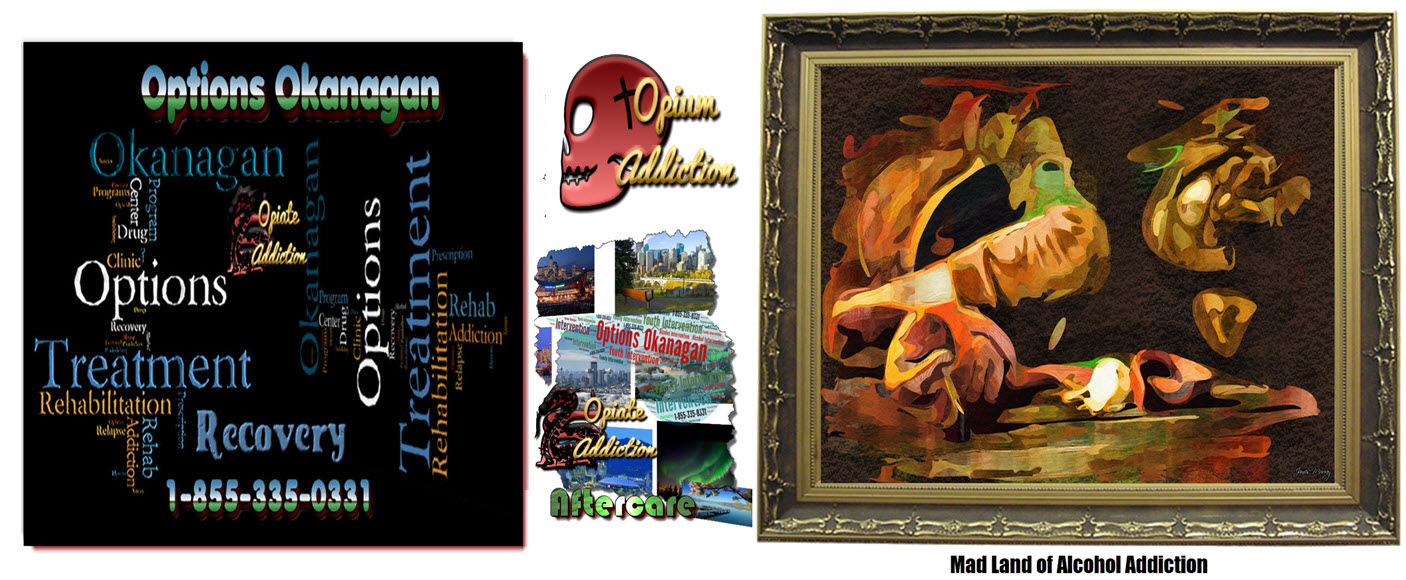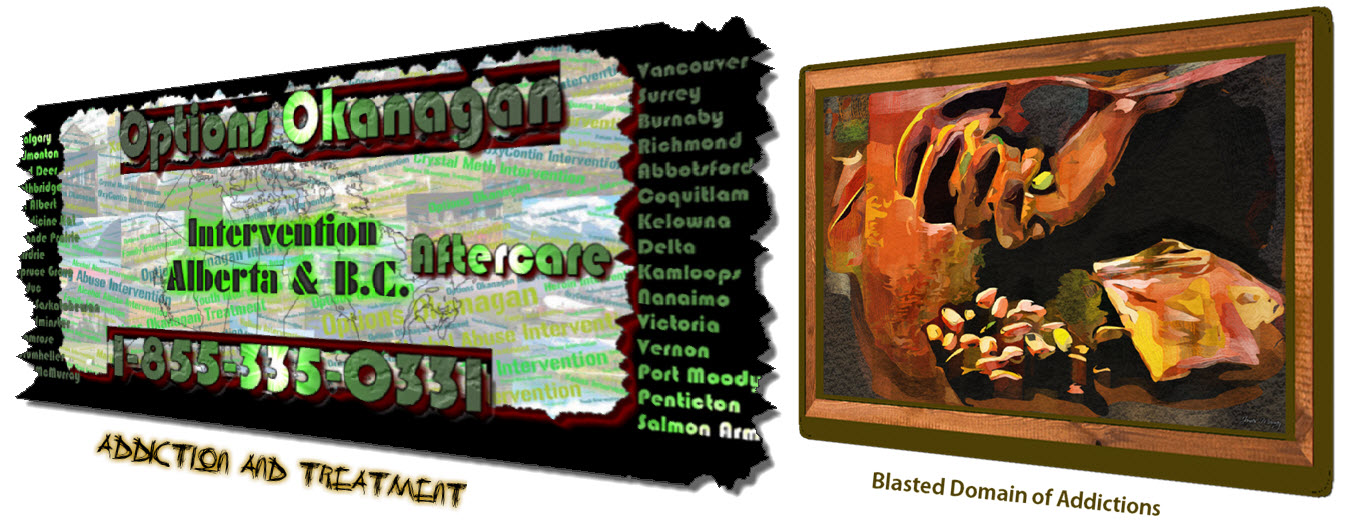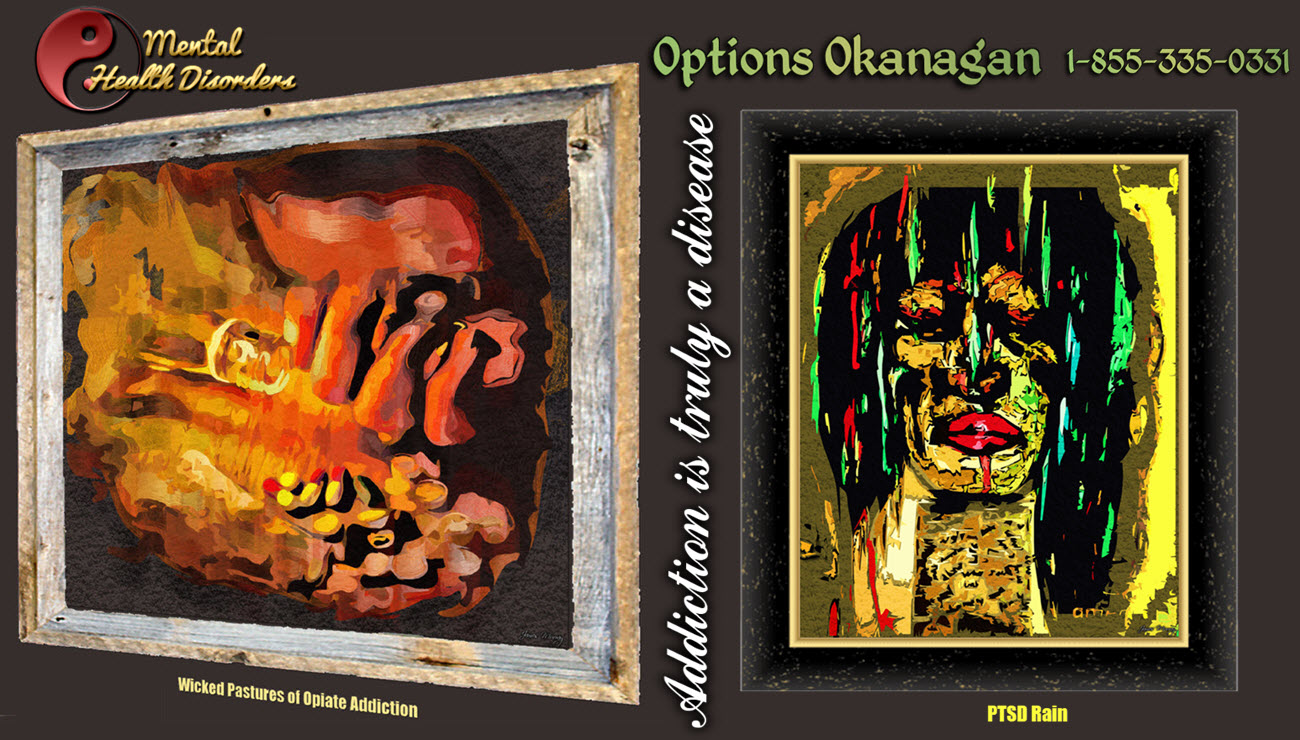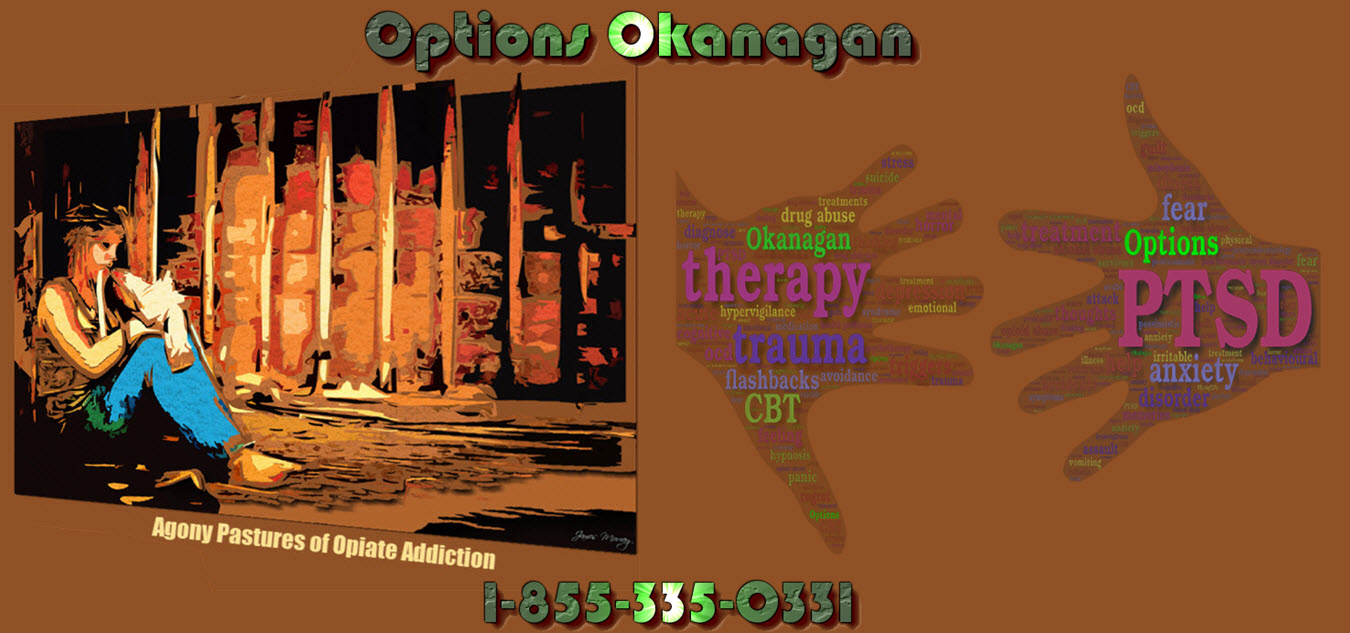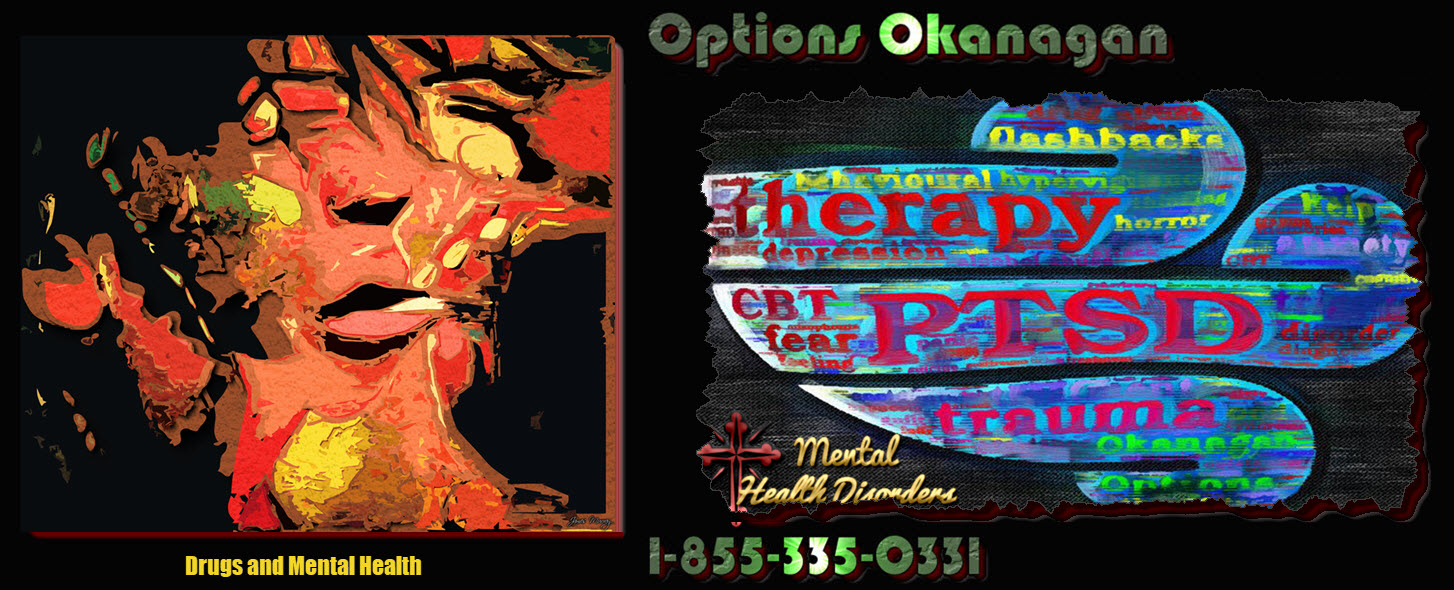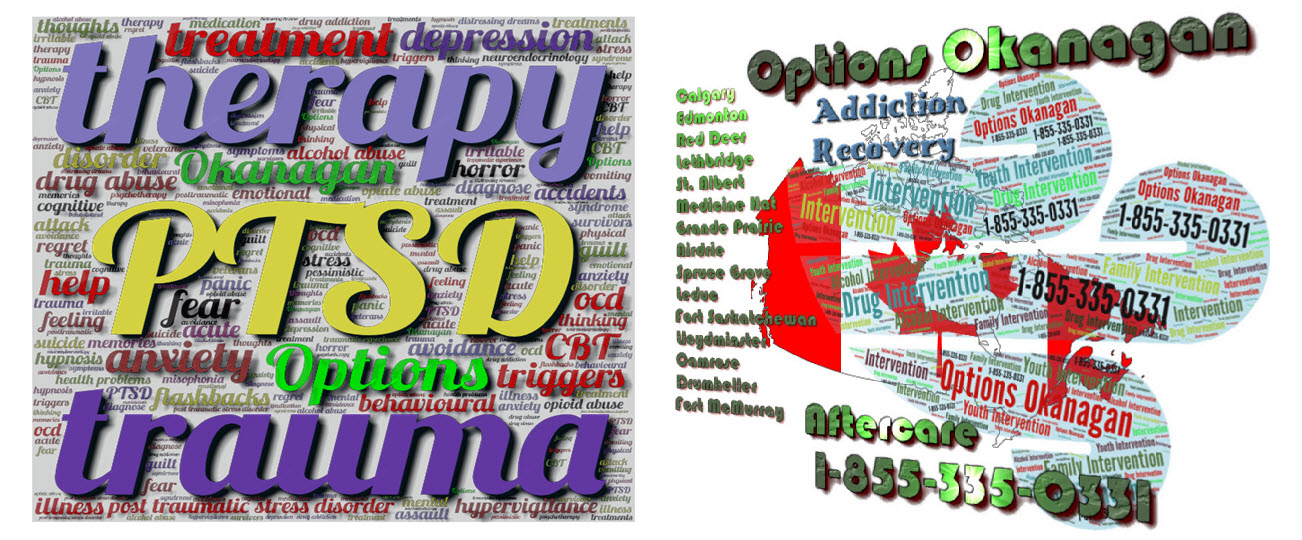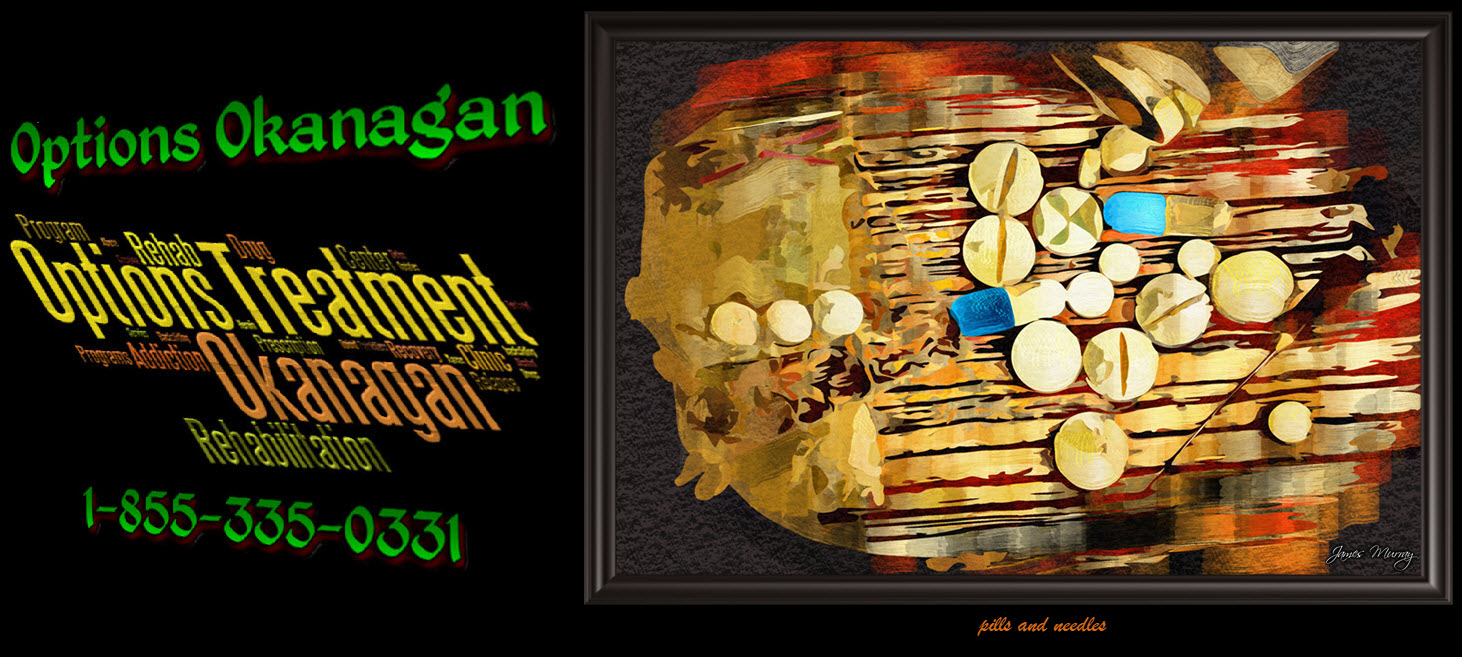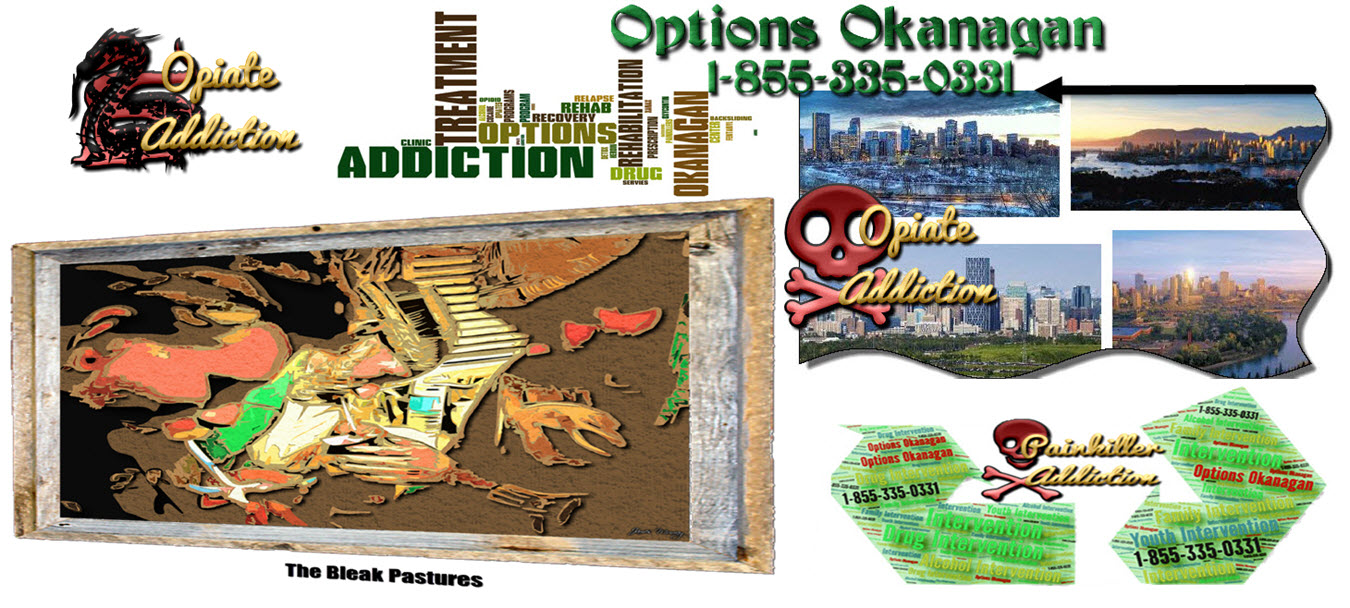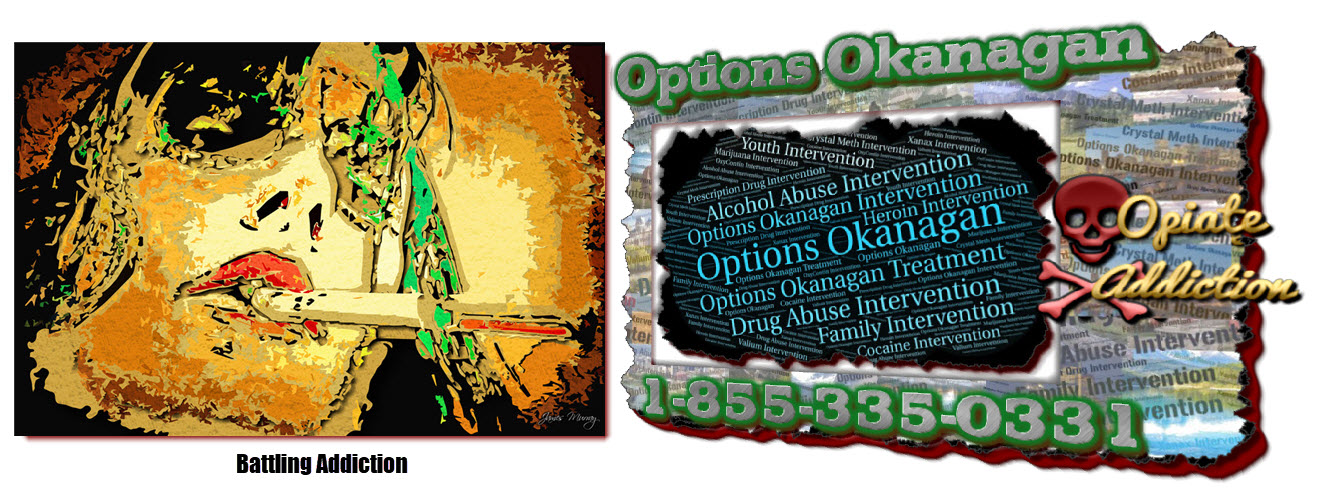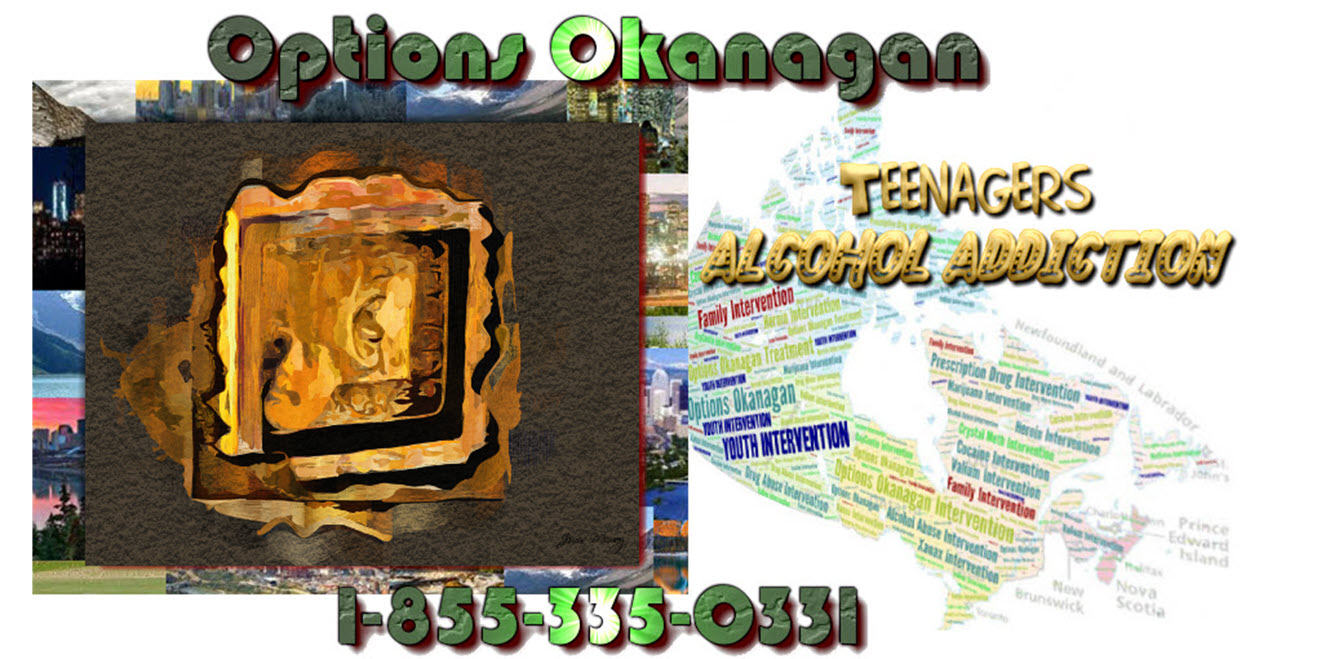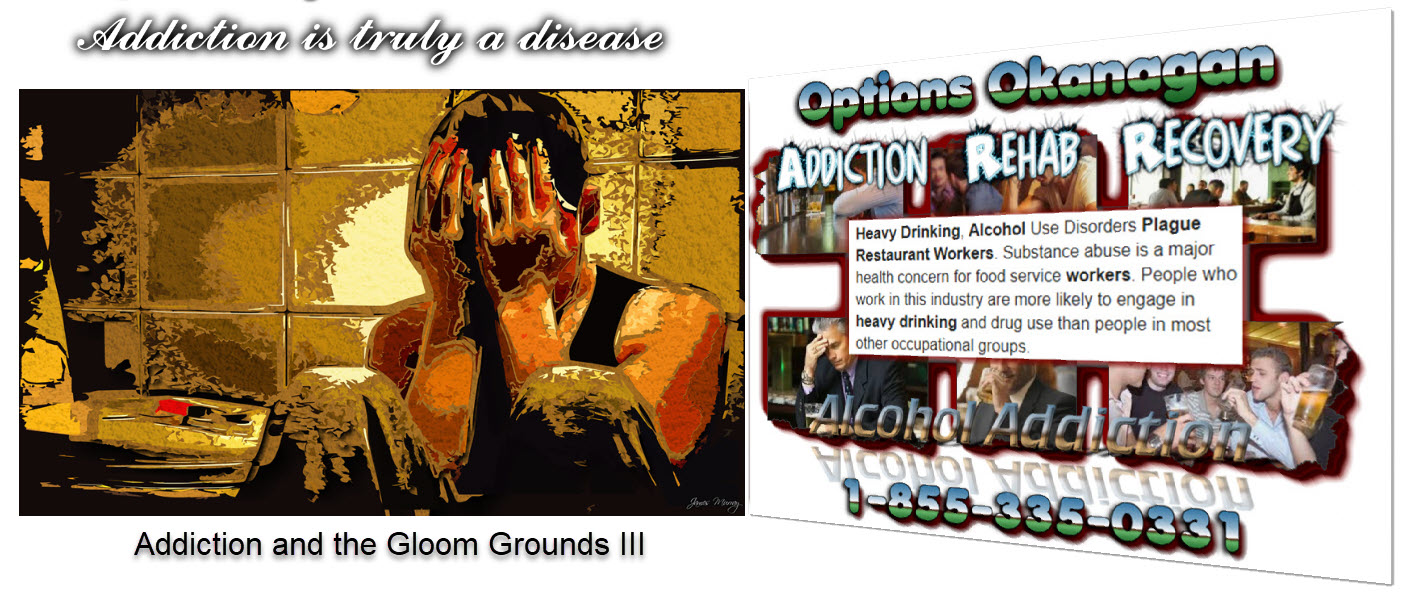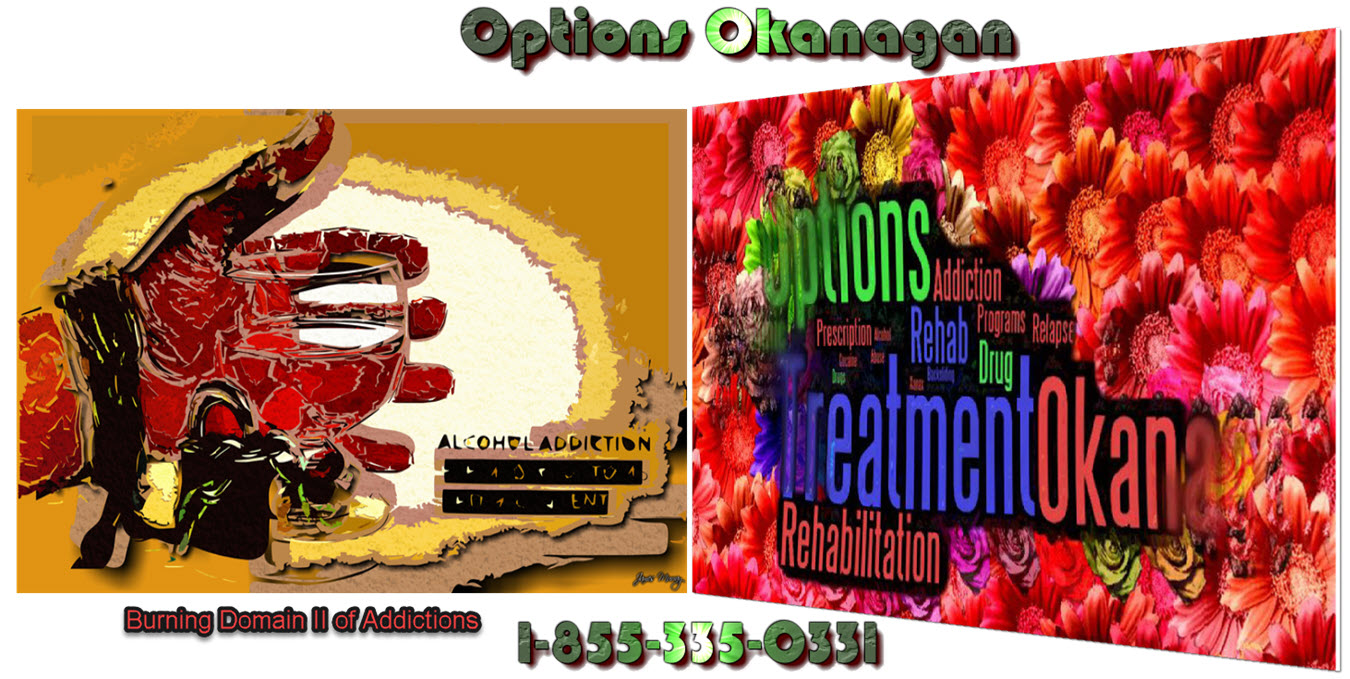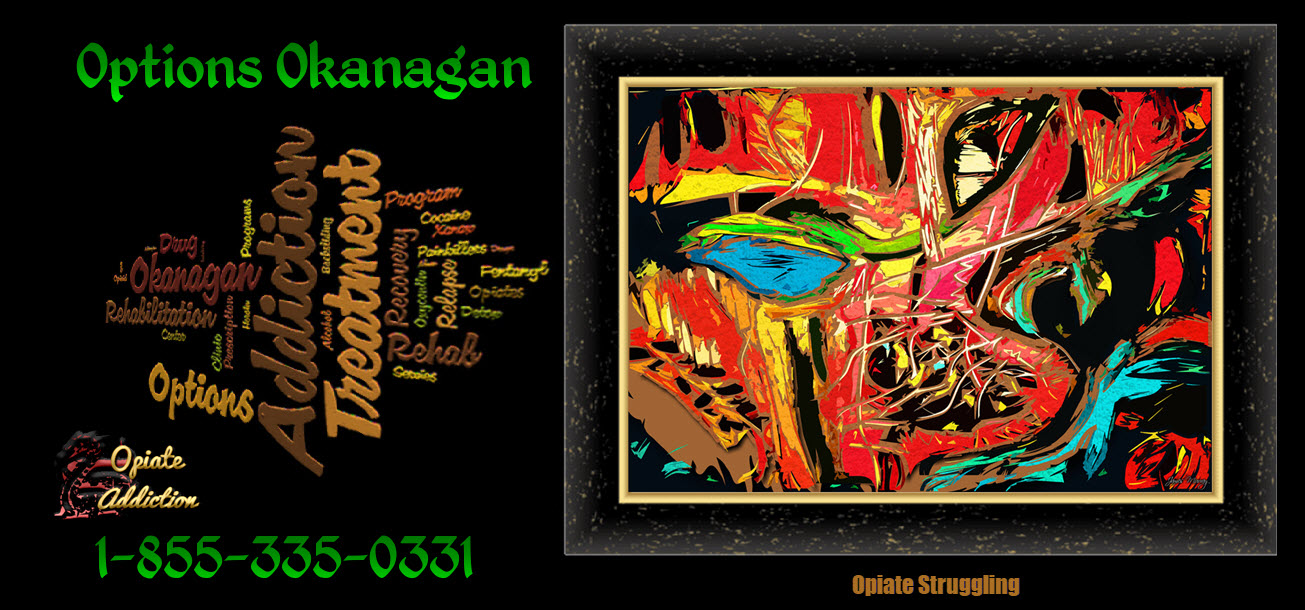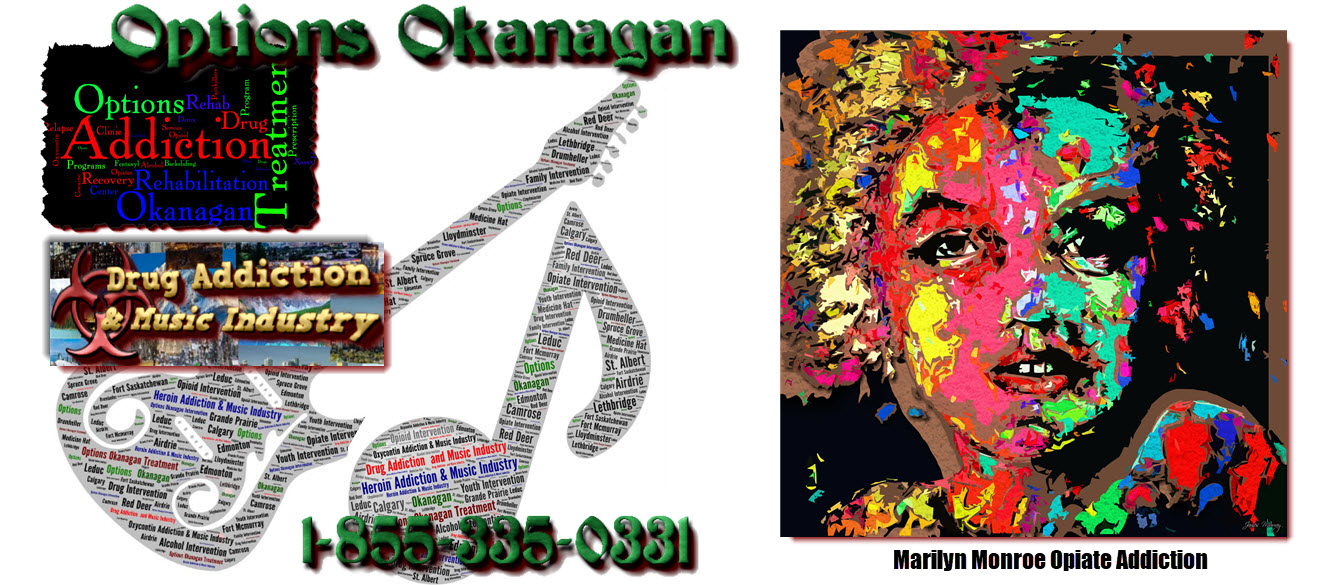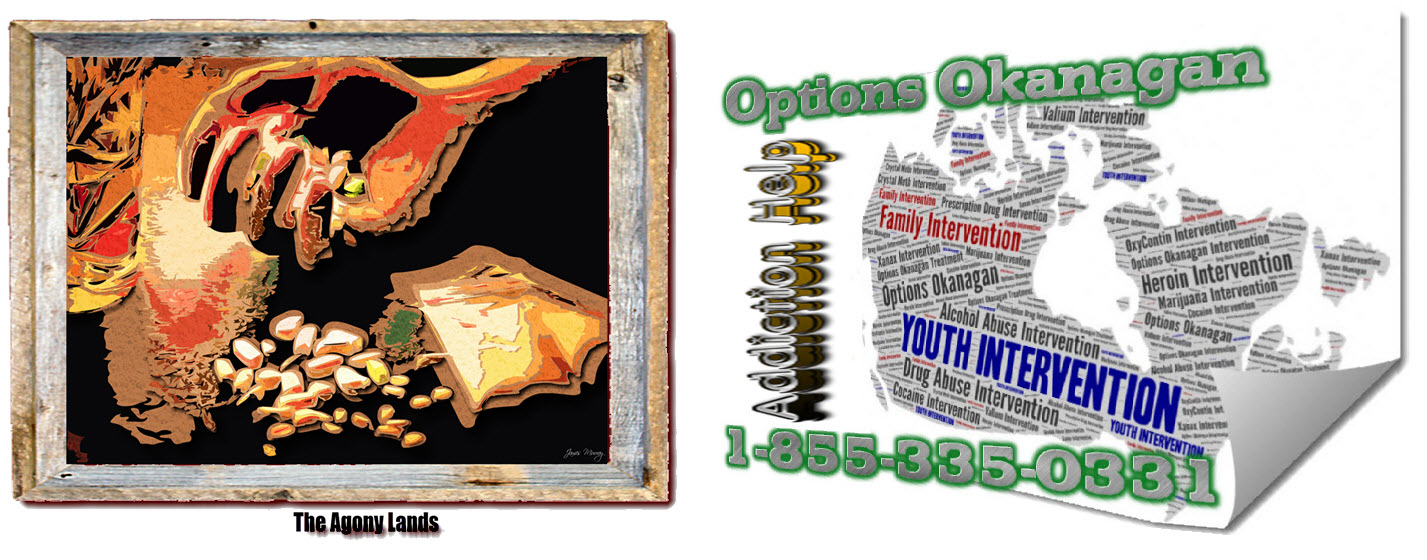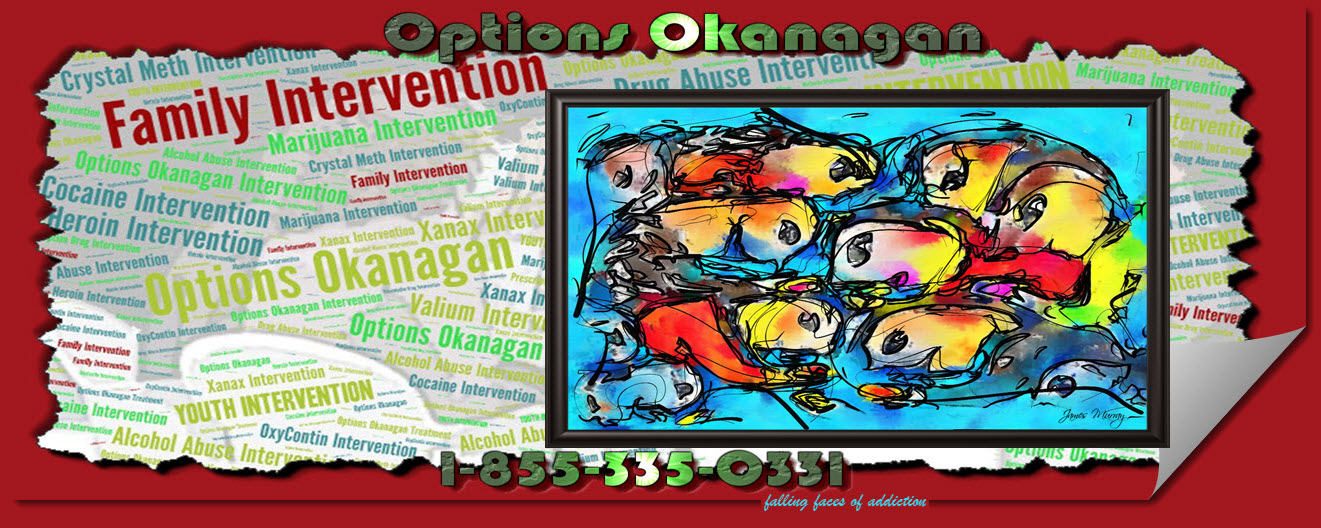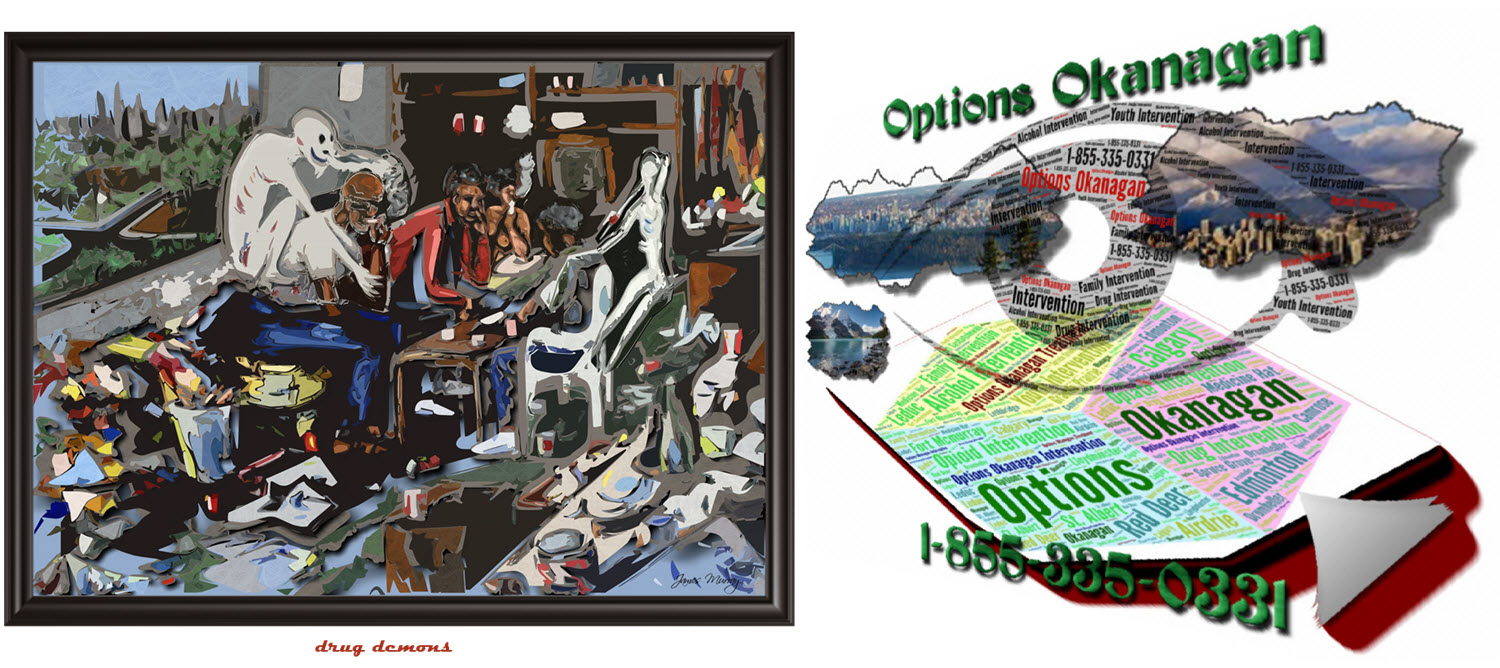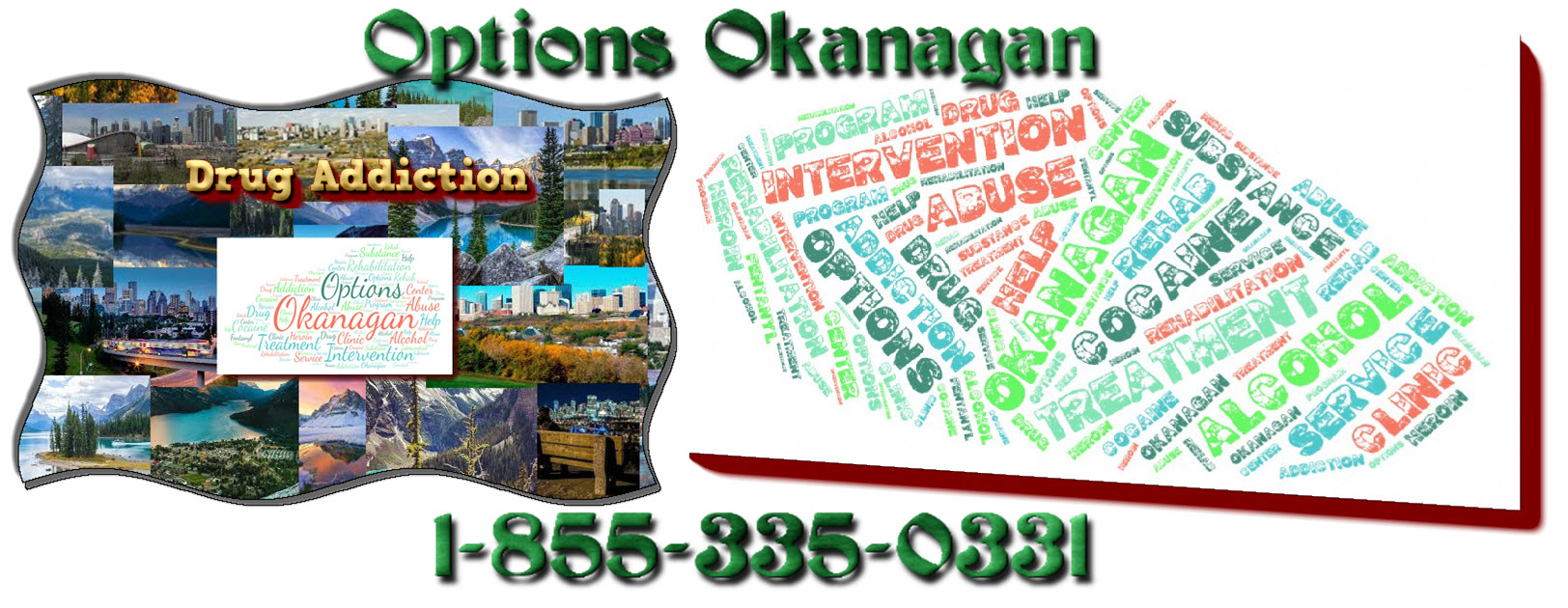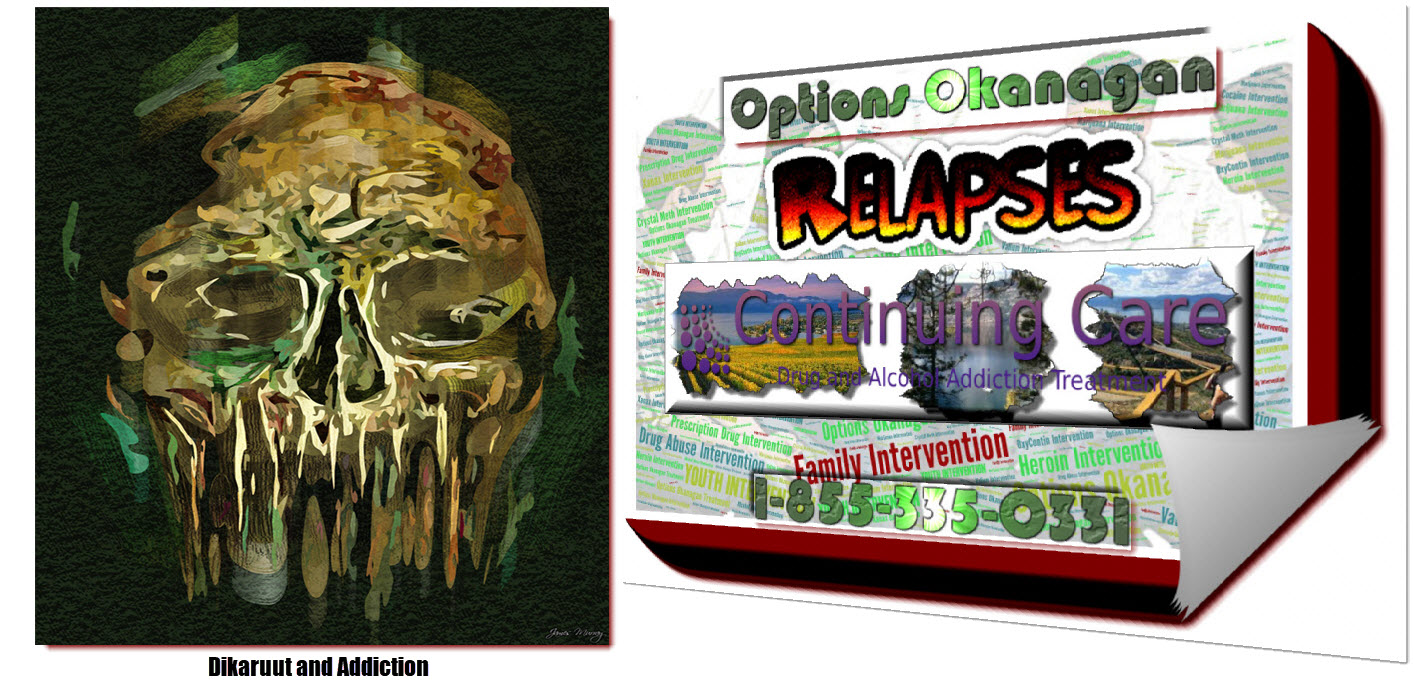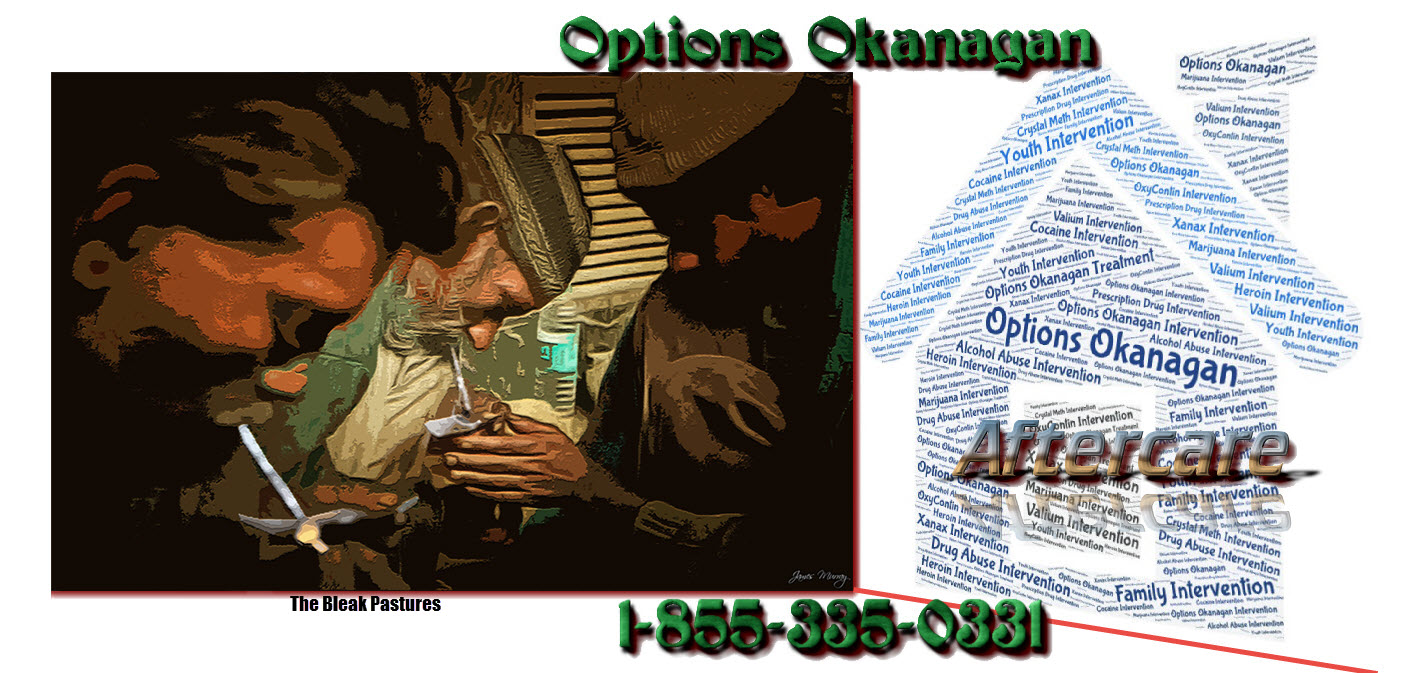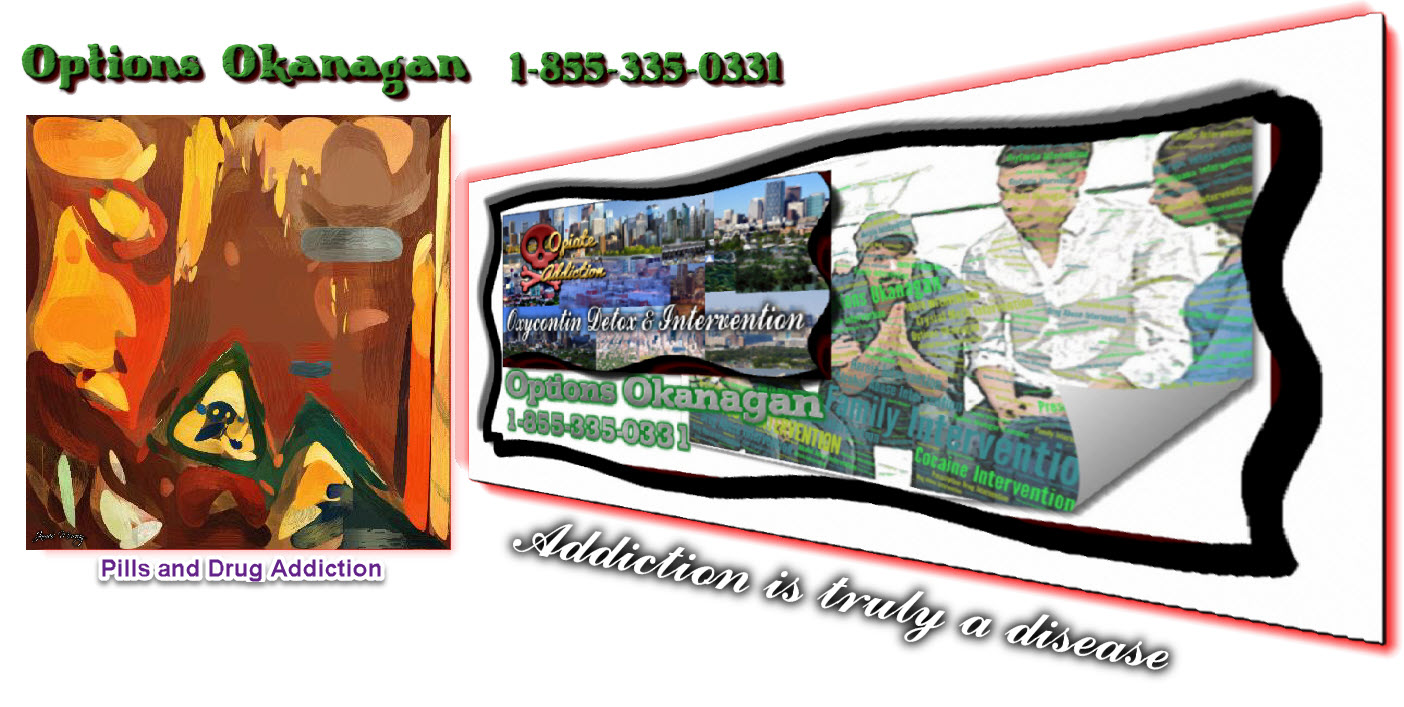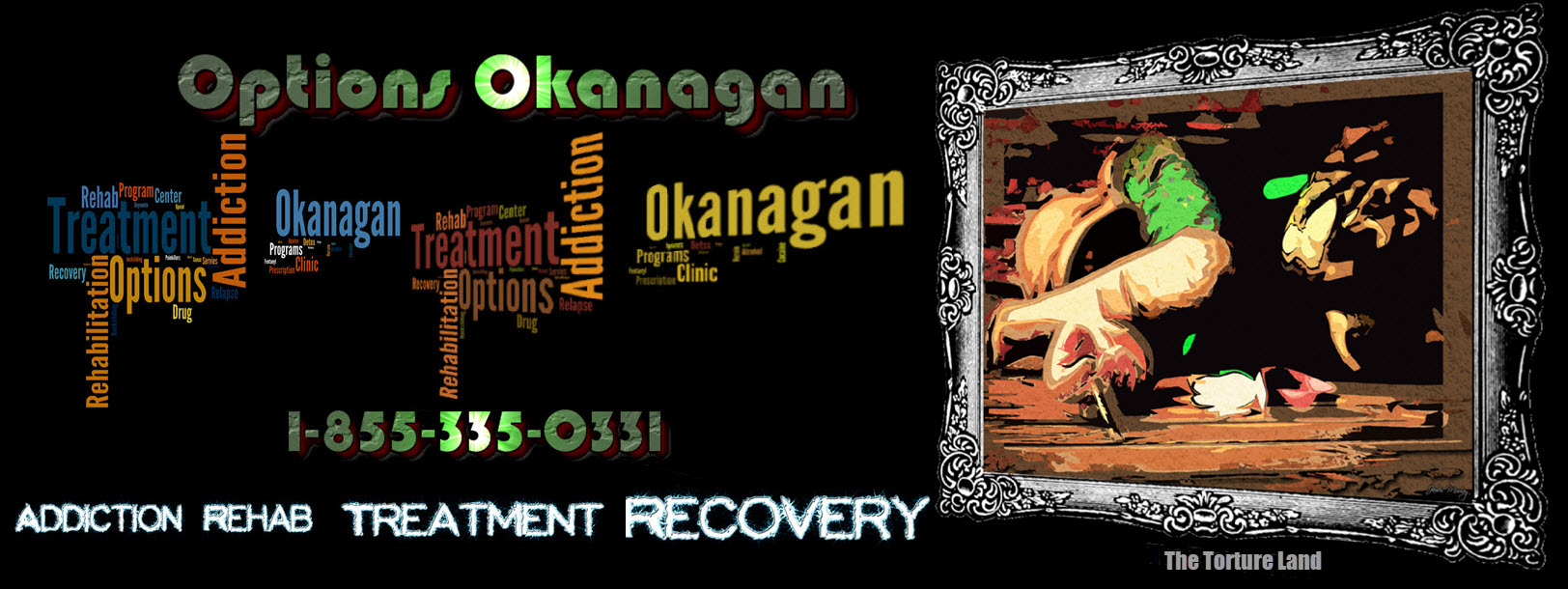Mental health disorders – Opiate and prescription drug rehabilitation programs in British Columbia and Alberta – Options Treatment Center in Kelowna, British Columbia treating prescription drug, opiate, fentanyl, heroin, and alcohol addiction and recovery.
Prescription Drug Rehabs In Alberta And BC
When a person has a substance use disorder (SUD) and other mental health problems, these conditions are known as co-existing disorders. Comorbidities or multiple diagnoses are more common than you might think. Many national population-based surveys have found that about half of those who experience mental illness in their lifetime will also develop a substance use disorder.
Mental Health Disorder Programs In Alberta And BC
Relationship between comorbidities and addiction
People suffering from mental illness are more likely to abuse drugs and alcohol and vice versa. An individual’s experience with mental health disorders and substance use is typically cyclical rather than linear. These conditions are mutually maintained and exacerbated, making the cycle very difficult to break.
How Do Mental Health Problems Become Addictive?
People struggling with mental health problems often turn to drugs or alcohol to deal with difficult emotions or to temporarily numb them. Social pressure, stress, and coping with symptoms can trigger substance abuse. For example, a depressed individual may cope by going to a local bar to consume alcohol.
Drinking in response to stress is only a temporary “fix” and has dangerous consequences. Over time, individuals can become addicted to alcohol for self-medication to make ends meet during or at the end of a day.
Repeated drug abuse can cause rapid fluctuations in various neurotransmitters, molecules that are responsible for regulating cell communication. When there is an imbalance in the neurotransmitters norepinephrine, dopamine, and serotonin, it becomes more difficult for an individual’s brain to regulate their mood, getting enough sleep, and even exercise.
Ultimately, self-medication causes individuals to experience more intense psychological symptoms than without the use of drugs and alcohol.
How Does Addiction Cause Mental Health Problems?
The opposite is also true: someone who abuses substances can exacerbate mental health problems. Long-term substance abuse will change an individual’s mood, their behaviors, and overall mind/body functioning. Those who drink daily can develop problems such as insomnia, a depressed mood, or being irritability due to chronic alcohol consumption. Stimulants such as cocaine can cause paranoia, types of panic attacks, delusions, and aggressive behavior, and anxiety disorders can occur with long-term use.
Substances can produce latent disturbances in the front part of the brain. Cannabis, cocaine, or even psychedelics can cause symptoms of schizophrenia. These drugs do not cause schizophrenia in individuals, but some people with a predisposition to schizophrenia can activate the disorder in late adolescence and early adulthood. Substance exposure, chronic use, and addictive chemical disorders are strong triggers for mental health problems.
Treatment of addiction and comorbidities
Finding an addiction treatment program that treats substance use disorders and mental health disorders is critical to true long-term recovery. If only one disease is treated, others will encourage recurrence. A treatment plan from a mental health professional who understands how addiction and mental illness are related is an important part of getting the right help.
Options Okanagan Opiate and Alcohol Treatment Centers in Kelowna, Salmon Arm and Vancouver, British Columbia – Men and Women are recovering and healing from Alcohol and Drug Abuse at our treatment center here in the Okanagan right now.
Our unique and distinctive Opiate Drug and Alcohol treatment program allow men and women to come in from Calgary as well as Edmonton as we offer airport pickup.
Numerous clients come to us from Vancouver, Calgary, and Edmonton and other locations in Alberta and even other provinces for Opiate addiction treatment, heroin drug treatment, many other drugs, and alcohol addictions for rehabilitation because of the uniqueness of our treatment center.
Our (Kelowna) Alcohol and Drug Treatment Program Location:
(Not Mailing Address) – Contact Us – Web Page
For Mail Delivery :: Please contact each center for correct mailing addresses, also this location is the location of our residential treatment programs in Kelowna. Please call Toll Free 1-855-335-0331 – to contact the treatment center you are going to for the address and directions.
Options Okanagan Drug and Opiate Treatment Center
551 Sherrydale Crescent, Kelowna, British Columbia, V1V 2E6
Toll-Free Phone Number: 1-855-335-0331

